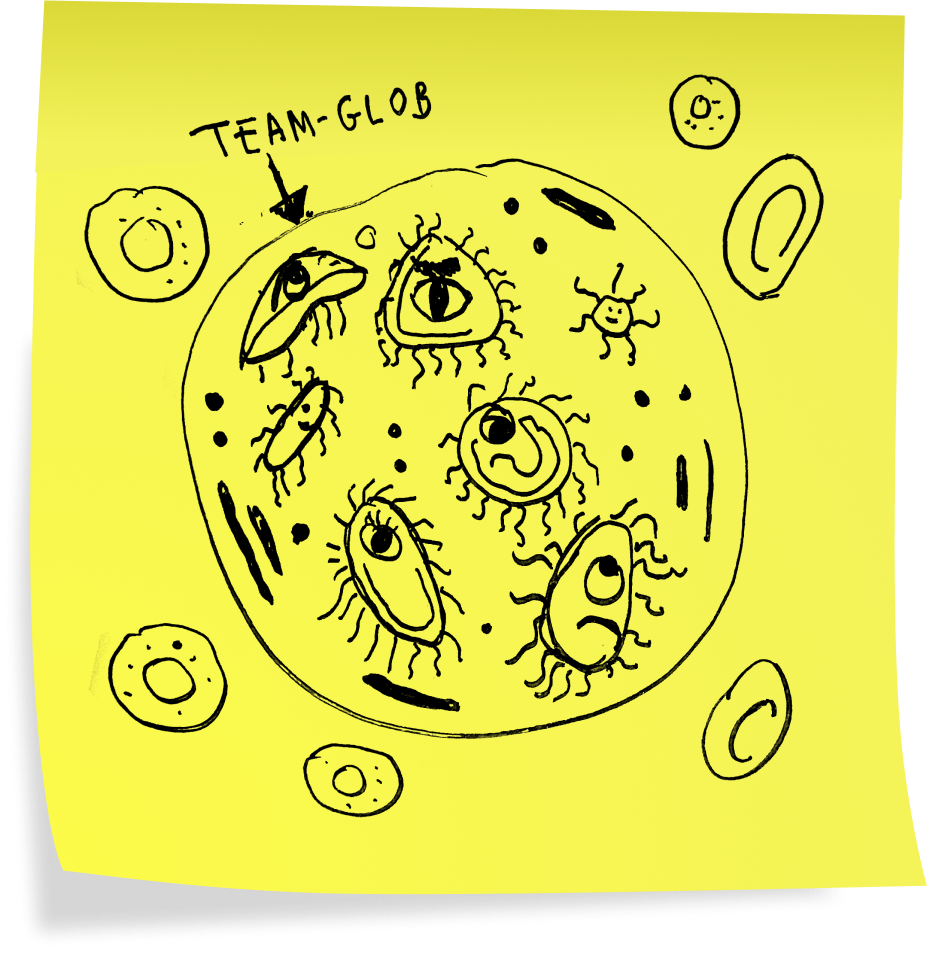By the time you get to the level of having your own large team, your job has shifted from being focused mostly on you to having to look out for an entire collective of people.
The team as a whole is this living, breathing organism (team-glob) made of autonomous cells. The cells have free will, and they’re people. That gets messy. But you gotta keep it he…
Keep reading with a 7-day free trial
Subscribe to The Creative Lead Workshop to keep reading this post and get 7 days of free access to the full post archives.


